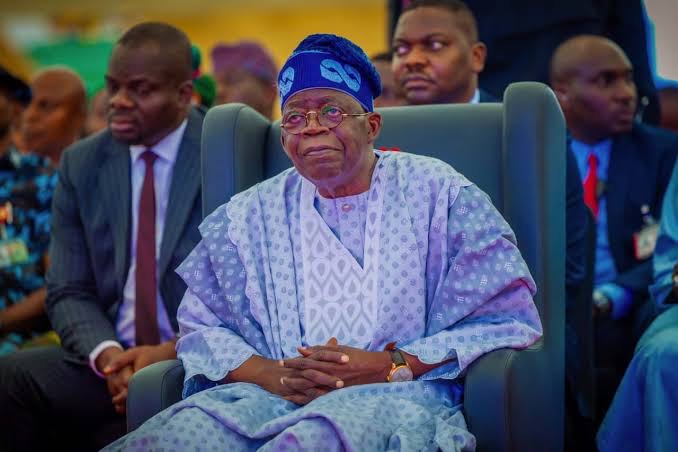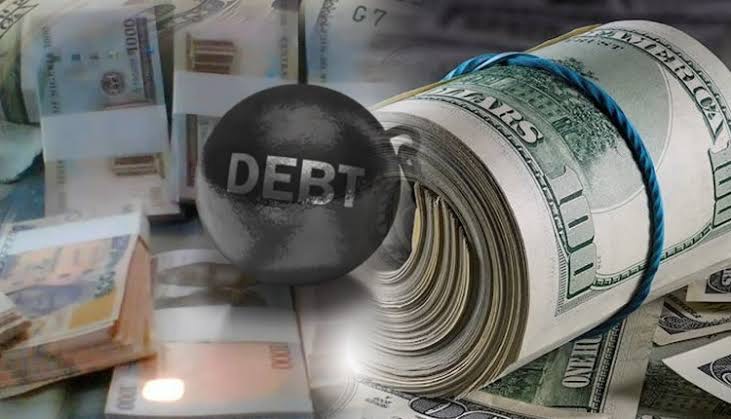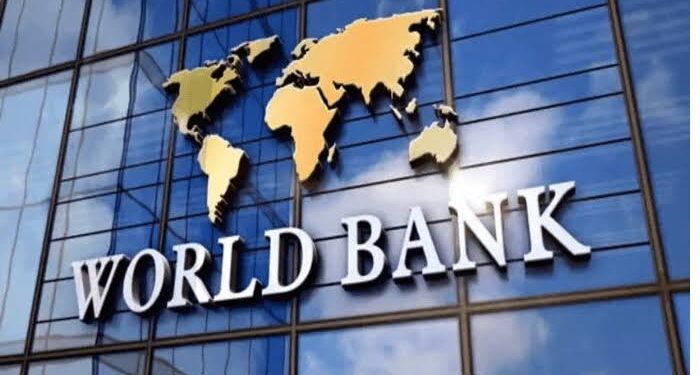Nigeria has received only about 16% of the total loans approved by the World Bank under President Bola Tinubu’s administration.
According to an analysis of disbursement data on the World Bank website, loans approved for various economic stabilization, infrastructure development, and social welfare projects amount to $4.95 billion.
However, only $774.99 million has been disbursed as of July 31, 2024, raising concerns over the pace of project implementation and utilization of funds.
Summary of Approved Loans;
The World Bank has approved a series of loans to Nigeria strategically targeting key areas such as economic transformation, resource mobilization, adolescent girls’ education, and renewable energy development.
Despite these approvals, data shows a significant gap between approved funding and actual expenditure, highlighting challenges in project implementation and resource allocation. These loans total $4.95 billion, of which $4.16 billion worth is still awaiting repayment.

• One of the best-known of these initiatives is the Reforming Nigeria for Economic Stabilization to Enable Transformation (RESET) Development Financing (DPF) project. With an allocation of $1.5 billion, the project is in the implementation phase, but only about $751.88 million has been disbursed to Nigeria since its approval on June 13, 2024.
• The RESET DPF is structured around four key deliverables: increasing oil revenues from 1.8% of GDP in 2022 to 2.7% by 2025, increasing non-oil revenues from 5.3% to 7.3% over the same period, and expanding social safety nets. Assist 67 million vulnerable Nigerians and significantly increase the import value of previously banned products from US$11.3 million to US$54.6 million by 2025.
• Similarly, the Programme for Accelerated Resource Mobilisation Reform Results (PforR) project, also approved on June 13, 2024, has been allocated US$750 million. However, it is still in the signing stage and funds have yet to be disbursed. The Program Development Objective (PDO) of the PforR program is to strengthen non-oil revenues and secure federal oil and gas revenues from 2024 to 2028, with a focus on comprehensive tax, consumption, and administrative reforms.

• The Nigerian Decentralized Access Scale-up Project approved on December 14, 2023, also failed to receive its disbursement of $750 million. The project is critical to addressing Nigeria’s power shortage and has the ambitious goal of increasing access to electricity through decentralized renewable energy solutions to more than 17.5 million Nigerians.
• In addition, the Adolescent Girls Initiative for Learning and Empowerment approved on September 21, 2023, has only received $20 million of the $700 million. The initiative aims to improve girls’ access to secondary education in targeted states in Nigeria and continues the ongoing work of the Adolescent Girls Initiative for Learning and Empowerment (AGILE) project.
• The Nigerian Women Programme Expansion Project is a key initiative to empower women across the country, but only $1.99 million of the allocated $500 million has yet to be disbursed. The project, approved under President Tinubu’s administration, provides additional funding to the already established Nigerian Women Programme.
• The first project approved under the Tinubu administration, the Performance-Based Power Sector Recovery Operation, secured on June 9, 2023, has only received $1.12 million of the allocated $750 million. The loan is intended as additional financing for the Results-Based Energy Sector Recovery Operation, a key part of Nigeria’s broader strategy to stabilize and improve the energy sector.
It is important to note that some of these loans are conditional. Certain criteria must be met before the additional funds can be disbursed. These conditions are intended to ensure that funds are used effectively and projects achieve their planned outcomes.
More Insight;
• The low disbursement rate of just 16% raises serious questions about the effectiveness of the current government in securing and utilizing international funds for national development.
• Furthermore, delays in disbursement could adversely affect the overall economic growth and development trajectory that these loans are intended to support.
• Journalists previously reported that Nigeria has received a total of $4.95 billion in loans from the World Bank under the Tinubu Programme amid concerns over rising external debt repayment costs.
• The World Bank may approve four loan projects worth a total of $2 billion for Nigeria this year.
• As of March 31, 2024, Nigeria had a total debt of $15.59 billion to the World Bank, according to data from the Debt Management Office’s (DMO) External Debt Report.
































